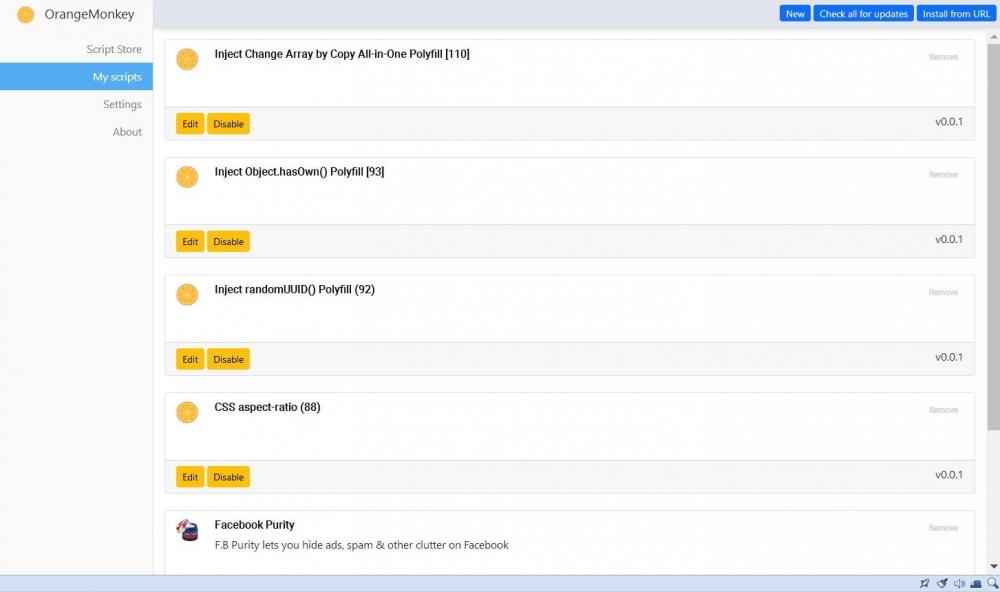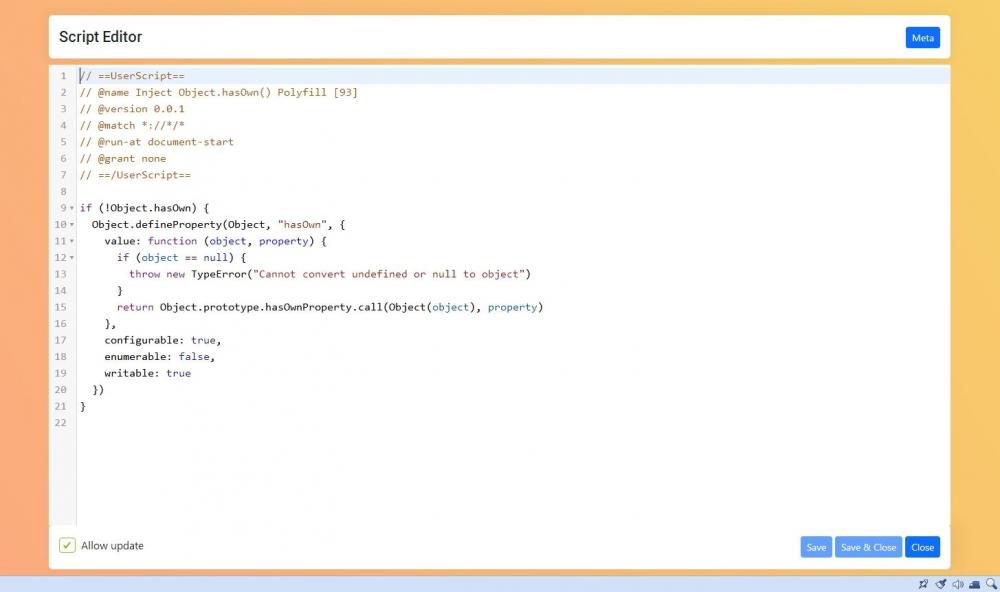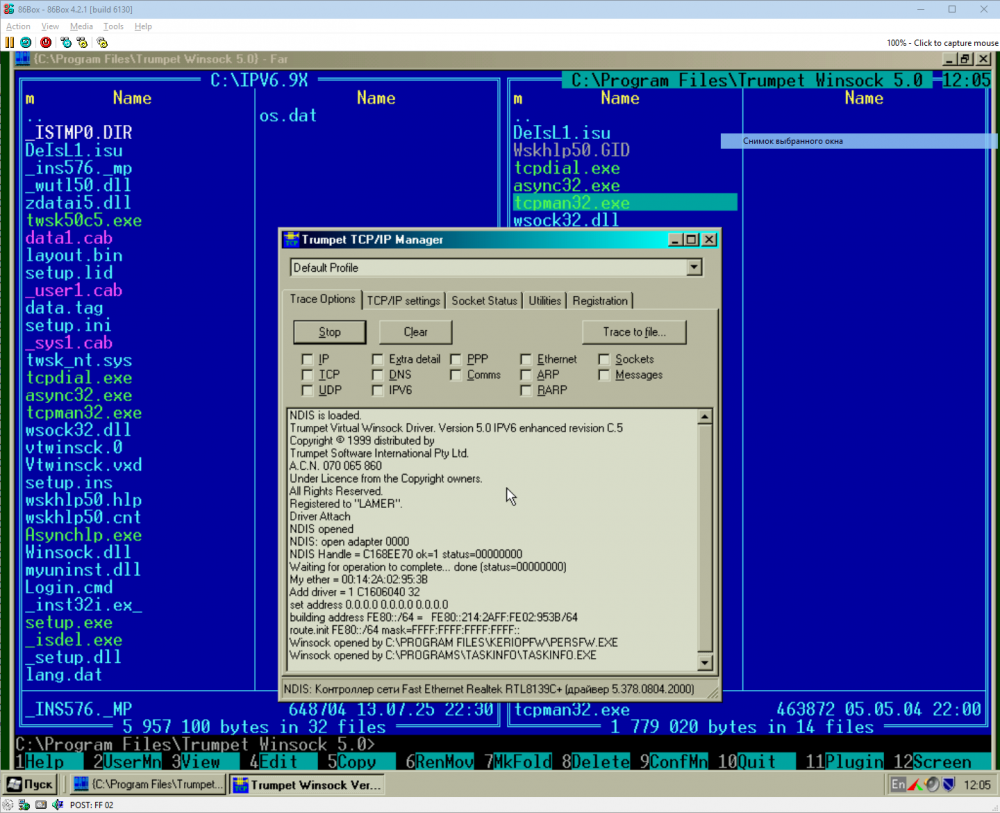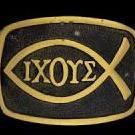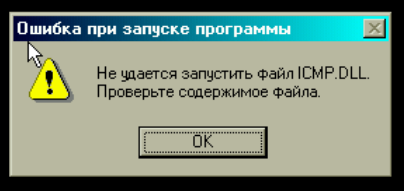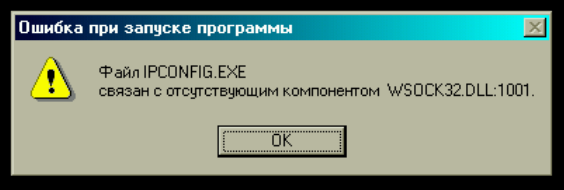All Activity
- Past hour
-
And hardware?
- 15 replies
- Today
-
I found the following page to test: https://developer.mozilla.org/de/docs/Web/JavaScript/Reference/Global_Objects/Array/findLastIndex I have the following code for this, but it doesn't work: // ==UserScript== // @name Inject findLastIndex // @version 0.0.1 // @description try to take over the world! // @match *://*/* // @run-at document-start // @grant none // ==/UserScript== if (!Array.prototype.findLastIndex) { 'use strict'; Object.defineProperty(Array.prototype, "findLastIndex", { value: function (predicate, thisArg) { let idx = this.length - 1; while (idx >= 0) { const value = this[idx]; if (predicate.call(thisArg, value, idx, this)) { return idx; } idx--; } return -1; } , writable: true, enumerable: false, configurable: true }); } What am I doing wrong?
-
@Tihiy one more thing - I've noticed that toggling Action center icon visibility doesn't actually change the SysTrayActionCenter value in registry, because of that I can't disable that icon when deploying SAB and its config through script for example. It doesn't change the icon visibility either when I change the value directly in registry.
-
I once read a description somewhere about how to integrate polyfills with Tampermonkey, and there was also a link to a page that listed various polyfills. Unfortunately, I can't find it anymore. I've installed Tampermonkey, but the polyfills I entered don't work. Does anyone have a description of how to do this correctly and a link to the polyfills? I'd like to continue using the "old" version of 360Chrome because it requires very little memory. Unfortunately, more and more websites are experiencing problems, which I hope to solve with polyfills.
-
Hello, I have a Lenovo m93p tiny with an intel 3770, triple booted Win98/WinXP/Win7. I built a mini server rack with a few lenovo tinys that do different tasks for my business. This one is for really just for trying old software and playing around. A bit of nostalgia. I know its probably way too modern really although Win98 does run fine on it along with the other two OS's. I overcome the GPU issue (no drivers for 3rd gen iGPU) by running a pci-e geforce 6 series from the mini pci-e slot. That works fine. USB is an issue with it right now as it freezes the system if I let it try and install the USB controller (so i've skipping installing drivers for that) but legacy USB works fine just for mouse and keyboard. I'm surprised this much works. I was quite happy with that to be honest but then I read of Watler's HDA/Win3.1 driver and being able to have possibly working sound with Realtek HDA. That would be great. I downloaded HDADRV9J, followed the steps here: ...thinking that sound would either just work or not work. Instead, my system freezes at the desktop wallpaper in Win98 before explorer/desktop icons appear. I also see a strange graphical corruption (like a thin striped bar) at the top of screen when it freezes. I tried the 9L driver (just moved the HDA2.dll from that into c:\windows\system instead) but got the same issue. From what I could find out, this tiny pc uses either ALC662 and ALC283 sound chip. It would be great to find out if this driver has any potential to work for me. Hopefully i'm just doing something wrong. Thanks, James.
-
jesterace joined the community
-
esasoft2 joined the community
-
General Cartman Lee joined the community
-
Nice work I've got a hand full of WinSock 1.1 compatible apps. All of the old Xchat clients, before it went demo/paid/shareware, should work. But that would only test the IPv4 connectivity. Whats an IPv6 application, for Win9x? Xchat 1.8.8, Last one. Also have a Win95B VM (no WinSock Update), I could probably test it on. Yeah, it would be real hard to use only WinSock 1.1 applications. By 2001 almost everything was WinSock 2. But, it is interesting to see how he implemented it. Hx Dos extender has a WinSock implementation (Incomplete, I think?). It rides off of a packet driver and provides networking for Windows applications, in "real" dos. I suppose ReactOS has a WinSock, too. Both offer a peek into making a WinSock. But that is a time eating project (a little bit, anyway). It seems like it might be an inevitable need, I just don't know how soon. Although, I'm sure we'll figure it out, if the time ever arrives
-
Did you try 355.98 Nvidia driver? It's considered the least problematic driver for Maxwell GPU's under WinXP. I use it.
- Yesterday
-
Penguin766 joined the community
-
@Tihiy I don't know if that's a bug or something you've changed (as I didn't noticed that in release notes), but changing tray icons to show Windows 11 flyouts now allows to show those flyouts without merging all the system tray icon like in current Windows 11 taskbar, but it's a fantastic change and I thank you very much for that! AFAIR it wasn't working like that before in older versions, it was still merging all system tray icons into one icon like on Win11 right?
-
Root Certificates and Revoked Certificates for Windows XP
modnar replied to heinoganda's topic in Windows XP
CAupdater alone should be enough. -
I had this problem with a Gigabyte AM3 motherboard I bought back in 2014. In 2023 it started having those symptoms. It would go into the future. I would fix it and then the next day it was in the future again. Later I would physically see the clock moving faster and XP would behave weirdly like if it was in fast forward. Like even the Loading bootscreen would move very fast. Anyways it lasted for a few months like that until eventually it died and wouldn't boot anymore. I'm just giving the example because it could be a hardware issue. Linux didn't show the problem because it would sync online immediately at boot.
-
covo started following Root Certificates and Revoked Certificates for Windows XP
-
Root Certificates and Revoked Certificates for Windows XP
covo replied to heinoganda's topic in Windows XP
xp posready; 1. CERT_updater_V1.6 2. CAupdater 3.https://github.com/JohnTHaller/RootCertificateUpdatesForLegacyWindows - is it enough to update the certificates? -
Windows7 sp1, 8, 8.1, 10, 11
- 15 replies
-
possible i already solved this "problem"... patch for Vtwinsck.vxd SIZE 179861 DATE 5.May.2004 CRC32 5c32ece0: 2741C: A9 01 00 00 00 -> 33 C0 83 C0 01 but i am not sure, that it was so simple... i cant check, is it work properly, or not. and anyway, it crack all winsock subsystem... my "9x" is 98IF, and too "updated" for this thing. so this is useless.
-
Hi There is a problem with the internal video player of Invidious on mypal 74.1.0. The Invidious player no longer works with the mypal 74.1.0 version, whereas it works with the 68.14.8b version. Do we have to change a parameter for it to work on mypal 74.1.0 ? https://invidious.tiekoetter.com/ or with a choice of integrated proxy https://youtubenuker.lol
-
I imagine it is the same WinSock revision as his earlier Trumpet versions. Think back to Win3.1(1). Before Microsoft released Wolverine (TCPIP, for Win3x) and Trumpet was the first to market. I'm pretty sure his WinSocks are only v1.1 (Win95A/Win3x). I've read that he aided the Mircosoft employee that wrote Wolverine (tips over email?); Wolverine also being WinSock API v1.1. Back then there was actually a program for swapping out your WinSock. I think that is the same-ish logic Trumpet uses, as during the install it searches for other WinSocks and renames them. Supposedly, there were a handful of WinSocks. I think AOL had one. If Trumpet v5 does as older versions, the stock WinSock should still be there, just renamed. I think the only way around the TimeBomb, is to keep the clock behind. I have no clue about run-as-date type programs, as I've never found them useful. If a person had a key, and unlocked the program, supposedly it would be fine to run it ahead again. But, who knows if getting a legal key is possible anymore? I'm also not sure if it works with ME.
-
What are the system requirements?
- 15 replies
-
MS Shell Dlg font size is too small. Can it be changed?
jumper replied to hawkman's topic in Windows XP
Advanced->General->Display->Font Size:Large Fonts (or Other... for custom sizes) It defaults to Small:96dpi. Large is 120dpi. Other... shows a ruler to help in selecting a custom dpi. -
An NT version of Wsock32.dll lacking WsControl:1001 got installed. Restoring the previous 9x version should fix those errors. Because this is a demo that only installs in the past, all testing must also be done in the past.
- Last week
-
NEW VERSION: Notepad3 6.25.714.1 (2025-07.14) at: https://rizonesoft.com/downloads/notepad3
- 15 replies
-
webben69 joined the community
-
NewMoon (sqlite 3.50.1) - moreover broken : - direct input URL - all Dev tools missing except "page source" in menu on second browser start A message appears below Tab bar in Newmoon Browser on start "The bookmarks and history system will not be functional, because one of New Moon's files is in use by another application. Some security software can cause this problem." - Of course, certainly not the reason here The replace of the two files of release 20250531 seem to be harmless and doesn't cause new problems so far.
-
no, it is absolutly useeless and unusable thing... — it crack Kerio Firewall, — it crack all system network utilites (ping, ipconfig, winipcfg, ...) — it is constantly "expired".

